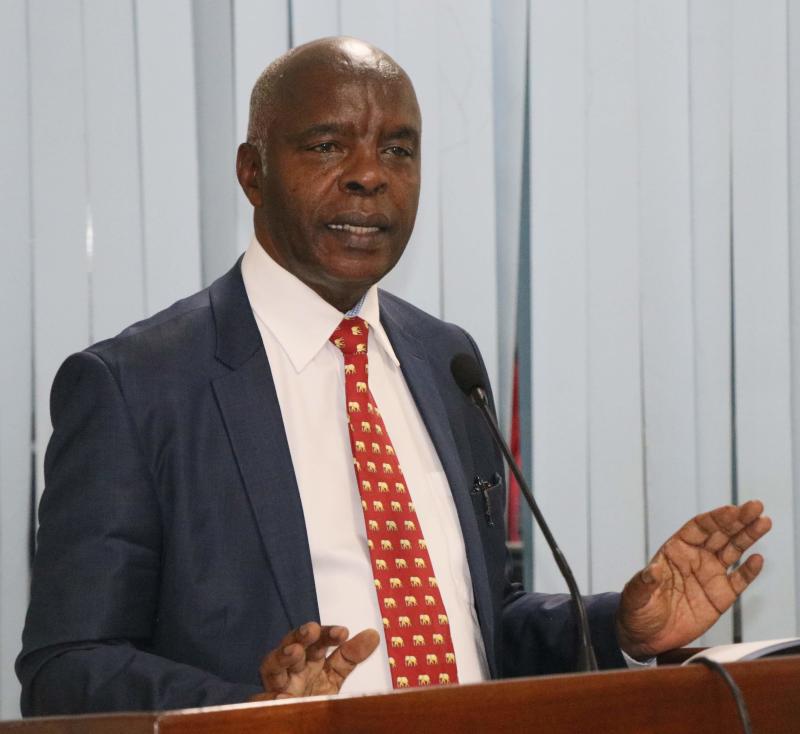×
The Standard e-Paper
Home To Bold Columnists

The first day the teenager stepped into high school, it was with as much excitement an adolescent can possibly muster in a new environment. And for the very first time in his young life, Kivutha’s hardened heels had a cushion against the rocky ground; a black pair of lady shoes. The first pair he ever owned. Days earlier, he and his parents had walked into a shoe shop.